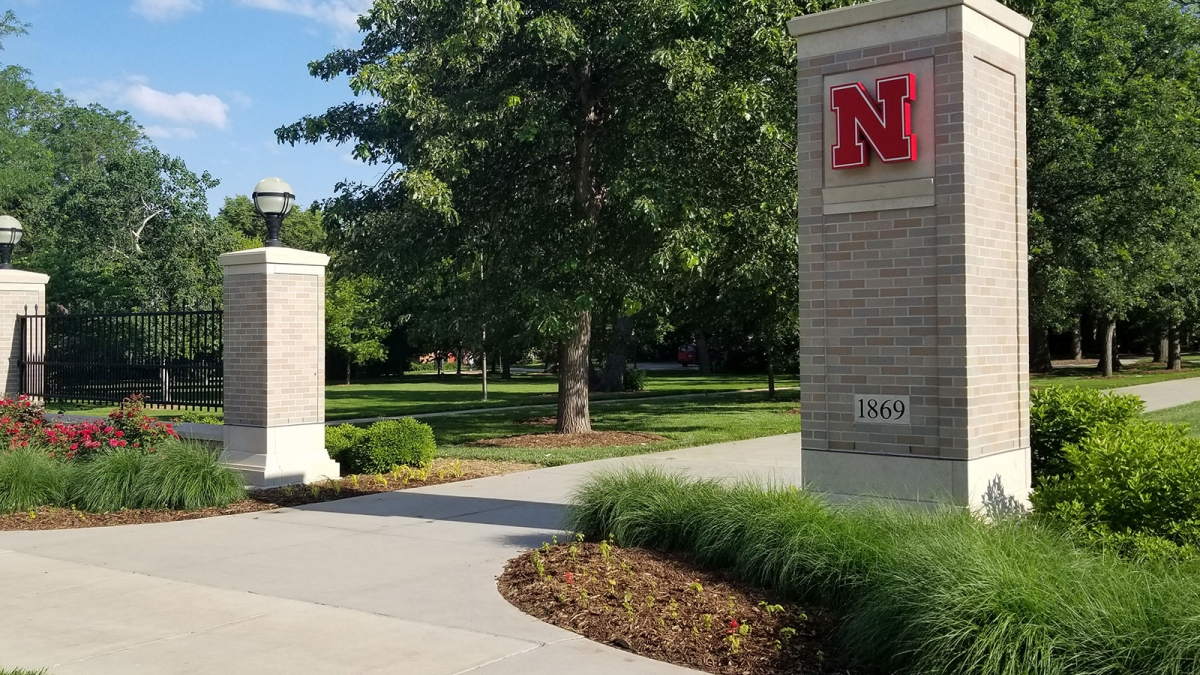
March 20, 2013
LINCOLN, Neb. — Drought, surface water availability, water concerns relating to vegetation and crops and possible climate-related impacts that seem to be on many minds will form a theme for the final four lectures in the University of Nebraska's annual spring water seminar series.
The weekly, 14-lecture series began in January and concludes April 24, with the final four lectures in April holding special appeal for those interested in climate change, the current U.S. drought and availability of surface and groundwater resources, said lecture series organizer Lorrie Benson, assistant director of NU's Nebraska Water Center, which is part of the Robert B. Daugherty Water for Food Institute.
On April 3, Lawrence Buja of the National Center for Atmospheric Research, Boulder, Colo. will talk on "Implications for Water, Food and Energy from the Latest IPCC Climate Simulations" as one of two Williams Memorial lecturers in this year's lecture series.
IPCC is the Intergovernmental Panel on Climate Change, to which Buja has been a frequent contributor. He has also worked closely with the World Bank, InterAmerican Development Bank and other international agencies applying NCAR expertise to help guide sustainable investment strategies in the developing world.
Williams lectures honor the memory of the late Alan G. and Irene Williams, both of whom were NU graduates. A fund in their name, in cooperation with the NU Foundation, supports activities associated with the Nebraska Water Center.
Following Buja, on April 10, Jeremy Weiss of the University of Arizona will explore the subject of "Recent Variations in Low-Temperature and Moisture Constraints on Vegetation in the Southwestern U.S."
Of his lecture, Weiss said, "One way to examine the effects of drought and a warming climate on vegetation is to compare climatic controls on photosynthesis and transpiration during the major
regional droughts of the 1950s and 2000s, periods of unusually dry conditions before and during the recent decades of warming."
On April 17, Brad Rippey, agricultural meteorologist with the U.S. Department of Agriculture's Office of the Chief Economist and managing editor of the Weekly Weather and Crop Bulletin will speak on "The U.S. Drought of 2012: Once-in-a-Generation Crop Calamity."
Rippey is also one of 11 rotating authors of the weekly U.S. Drought Monitor and a contributor to the monthly North American Drought Monitor.
For the final lecture in the series, on April 24, U.S. Geological Survey study information on availability of surface water and groundwater will come into focus when Steve Peterson of USGS's Nebraska Water Science Center speaks on "The High Plains Groundwater Availability Study: Abundant Groundwater Doesn't Necessarily Mean Abundant Surface Water."
The free public lectures are Wednesdays from 3:30 to 4:30 p.m. in the first floor auditorium of Hardin Hall, northeast corner of North 33rd and Holdrege Streets, UNL East Campus, Lincoln.
The complete January through April lecture schedule is online at watercenter.unl.edu. Videos and speaker PowerPoint presentations of most of the lectures are at that same online location.
Lorrie B. Benson, J.D.Assistant Director
Nebraska Water Center, part of the Robert B. Daugherty Water for Food Institute
402-472-3305
Steven W. Ress
Communications Coordinator
Nebraska Water Center, part of the Robert B. Daugherty Water for Food Institute
402-472-9549
sress1@unl.edu
Dan Moser
IANR News Service
402-472-3030
dmoser3@unl.edu